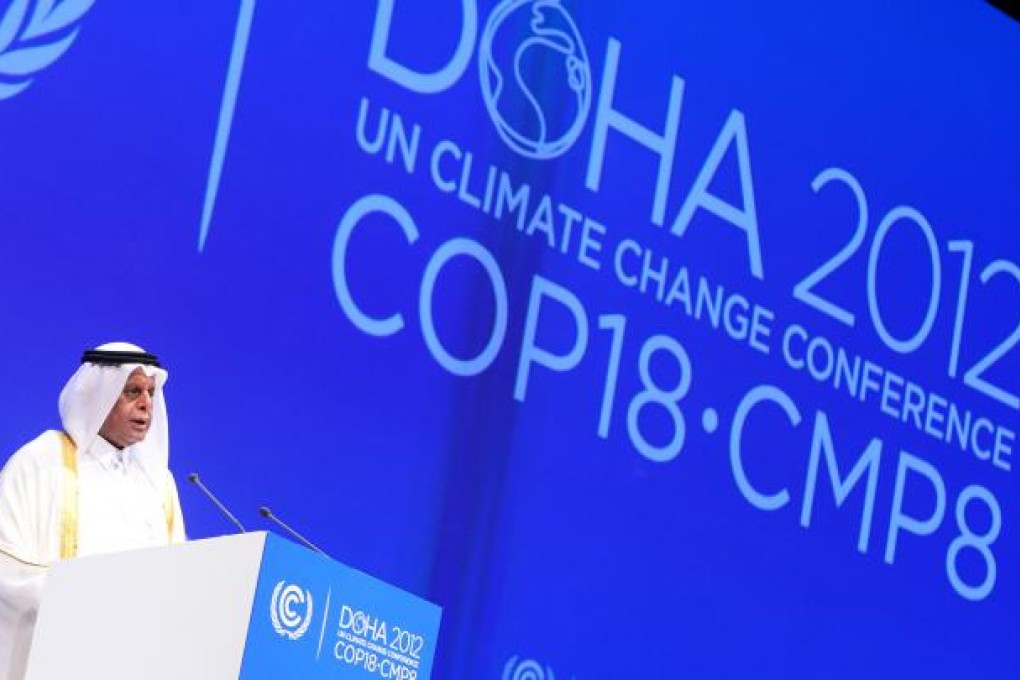Global climate pact needs real teeth
Vincent Piket says the EU wants to build on green progress at home by working with Asia

The European Union is on its way to becoming a low-carbon economy. It is increasing the use of renewable energy, modernising the transport sector and promoting energy efficiency, and moving towards a resource-efficient economy. But to deal with the global environmental challenges, we need co-operation with Asia, including Hong Kong.
The EU's environmental progress did not happen overnight. It goes back to the 1970s and 1980s, when Europe was hit by two oil crises. They rudely told us we had to cut energy use and be less dependent on imported fuels.
What did Europe do to get where it is now? It involved action at three levels. First, lawmaking and governmental standard setting. Since the 1990s, a sizeable body of environmental law has come into force. Each EU law is passed with an environmental impact assessment. And legislators have continuously raised the bar in a broad spectrum of areas, giving a powerful incentive to industry to develop clean technologies.
Secondly, investment in research and development. Currently the EU invests €3billion (HK$30billion) a year in low carbon energy research. Thirty per cent of the funding originates from the public sector, but the rest comes from EU industry. And such investments will increase.
Thirdly, civil society plays a key role: non-governmental organisations have pushed the agenda. So has the consumer.
Where is Europe going right now? First, the EU is delivering on its 20per cent carbon dioxide reduction commitment under Kyoto. Compared to 1990, our carbon dioxide emissions are already down by 18per cent. In the same period, our gross domestic product grew by 48per cent. This shows that growth can be decoupled from pollution. This is an important message for all economies, including the emerging ones.
We are looking to creating a low-carbon economy by 2050: with 80-95per cent less carbon dioxide than in 1990. Who will realise that? The answer is, primarily the private sector. Of course, the government has to set the standards.